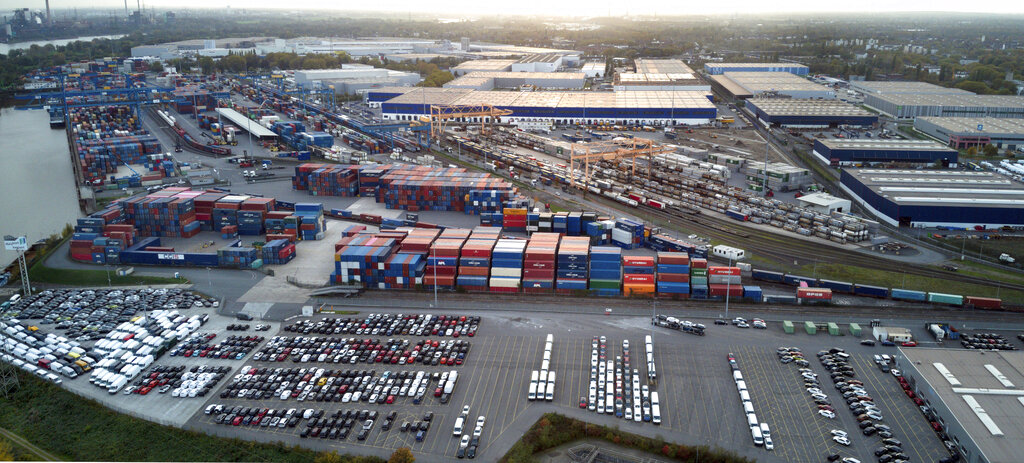German companies are more pessimistic about the future than ever before, with 52 percent of companies surveyed by the Association of German Chambers of Industry and Commerce (DIHK) expecting their own business situation to deteriorate within the next 12 months.
Only 8 percent expect an improvement, putting business pessimism at a level comparable to that at the height of the coronavirus pandemic.
“Companies fear that the worst is yet to come,” said DIHK CEO Martin Wansleben. “This is the worst level we have ever measured since the survey began in 1985,” he added.
Even during the coronavirus lockdown, the financial crisis, or after the bursting of the dotcom bubble, the proportion of optimistic companies was always more than 10 percent.
Accordingly, DIHK expects economic output to shrink by 3 percent next year. The main reason for the companies’ pessimism is, of course, the energy price crisis — 82 percent of the companies rate the high prices for electricity and gas as a business risk.
As a result of high energy prices in the country, more and more companies are considering relocation, according to DIHK. This is also reflected in the fact that the expectations of German companies abroad are significantly more optimistic than those of companies that produce exclusively in Germany.
But the high prices for electricity and gas are not the only reason why companies are concerned about the near future. In addition to the shortage of skilled workers, more than one in two companies surveyed (51 percent) also cited rising labor costs as a risk factor.
According to DIHK, this is likely because of the increased minimum wage in particular, but also high wage demands due to inflation. The association also forecasts a high inflation rate of around 8 percent for the coming year.
The poor economic situation in the country is additionally reflected in the latest mechanical engineering figures. The German Engineering Federation (VDMA) reports that incoming orders from domestic customers fell by 4 percent in September compared with the same month last year.
By contrast, things are going better for mechanical engineering companies abroad: 9 percent more orders were received from EU countries and 8 percent more from countries outside the European Union. Business is particularly brisk in the United States at present.
“We don’t see any reluctance to invest there,” reports VDMA chief economist Ralph Wiechers. There have also been above-average orders from India, Mexico, Japan, and Turkey, as well as from Italy and the United Kingdom so far this year, especially in the process industry, automation, robotics, and machine tools sectors.






